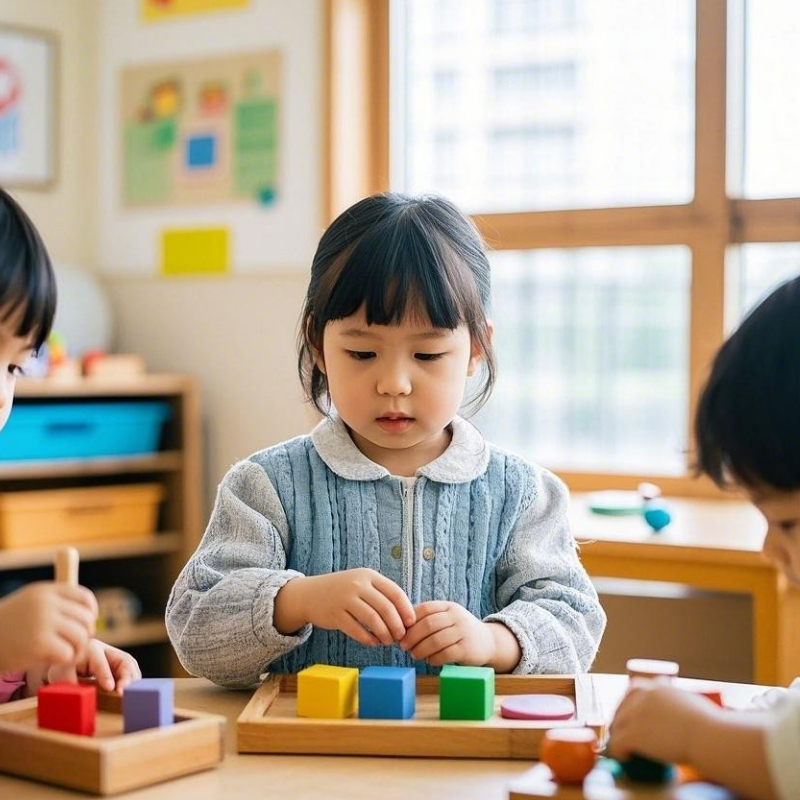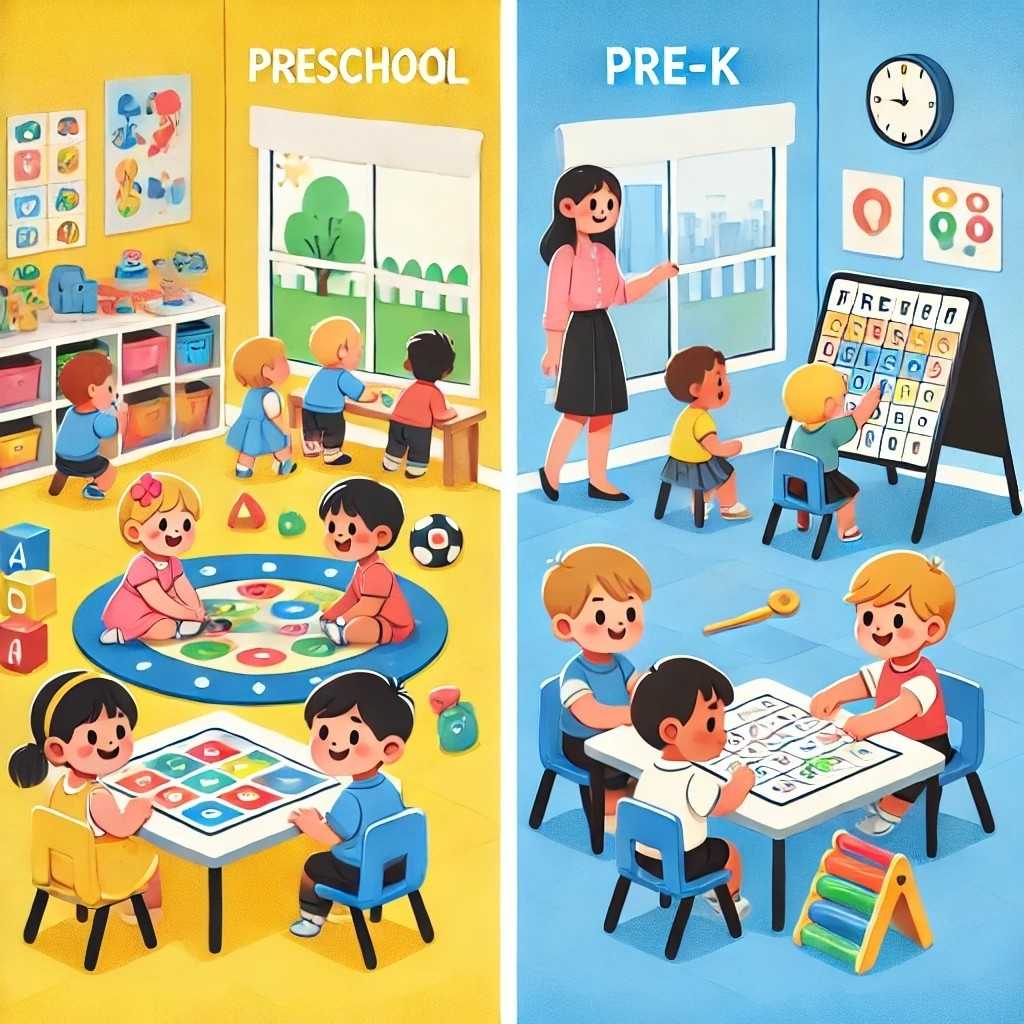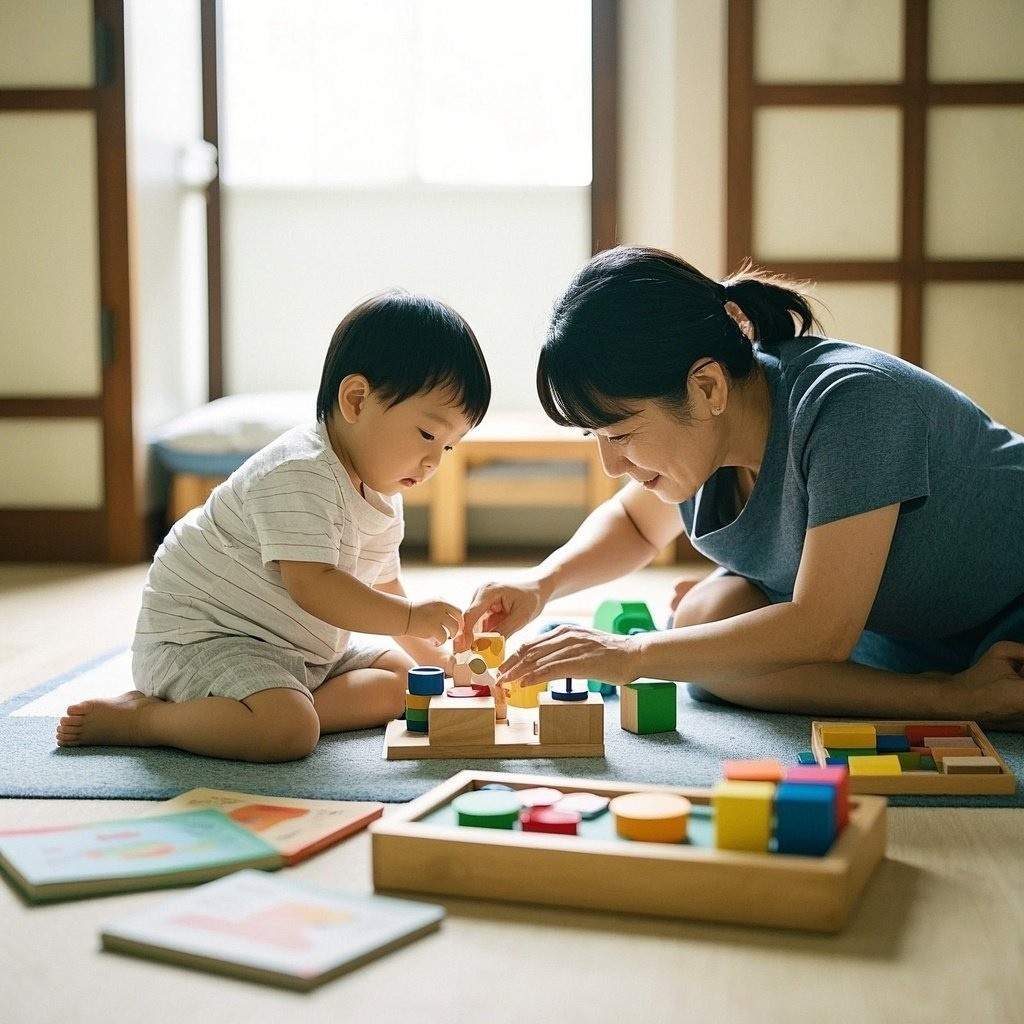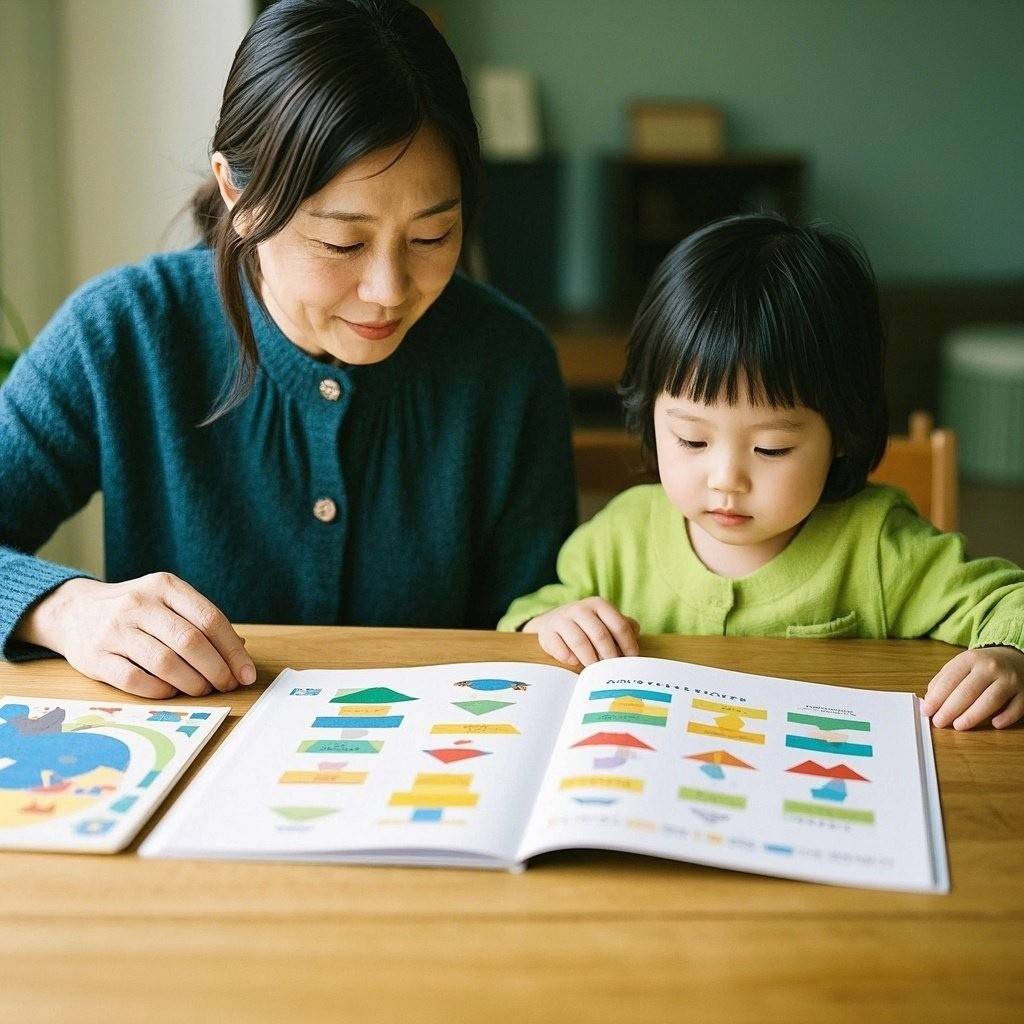Montessori education is a child-centered learning approach that emphasizes independence, hands-on learning, and self-directed study. Developed by Dr. Maria Montessori in the early 20th century, this method has gained widespread recognition for its unique approach to education. However, like any educational system, it has both advantages and disadvantages. This article explores the pros and cons of Montessori education to help parents and educators determine whether it is the right fit for a child’s learning needs.
Pros of Montessori Education
1. Child-Centered Learning
One of the key benefits of Montessori education is its child-centered approach. Students are encouraged to take charge of their learning, allowing them to develop independence and self-motivation. Unlike traditional classrooms, Montessori settings enable children to explore subjects at their own pace, fostering a deeper understanding of concepts. This method helps children build confidence in their abilities and promotes a lifelong love for learning.
Additionally, the Montessori approach values the uniqueness of each child. Students are not pressured to conform to a one-size-fits-all learning model but instead are given the flexibility to discover their strengths and weaknesses. This customized learning experience enables children to develop skills naturally rather than through forced memorization.
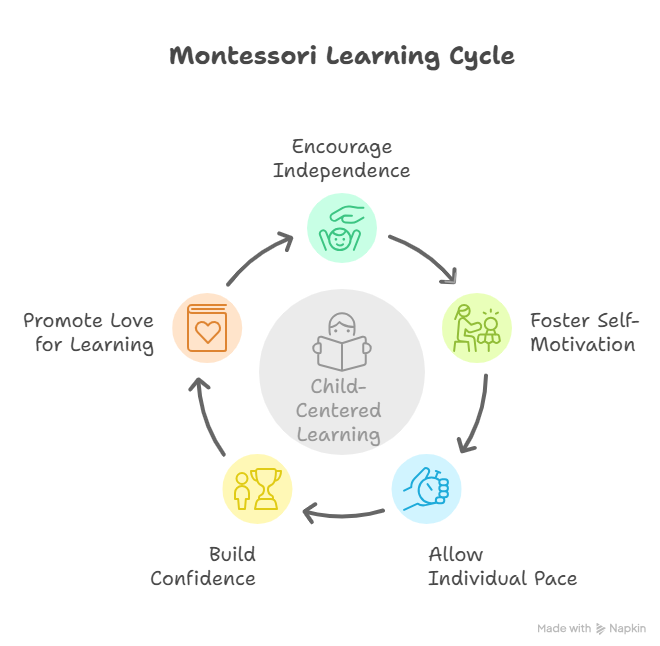
2. Hands-On Learning Approach
Montessori education prioritizes experiential learning, where students engage with materials that promote problem-solving and critical thinking. Rather than passively receiving information, children interact with tangible objects to grasp abstract concepts, making learning more meaningful and engaging. For example, instead of merely reading about mathematical concepts, Montessori students use manipulatives like beads and number rods to understand numbers and operations.
This hands-on approach extends beyond academics. Practical life skills are integrated into the curriculum, teaching children essential daily tasks such as cooking, cleaning, and time management. These skills help them become independent and responsible individuals who can apply what they learn to real-world situations.
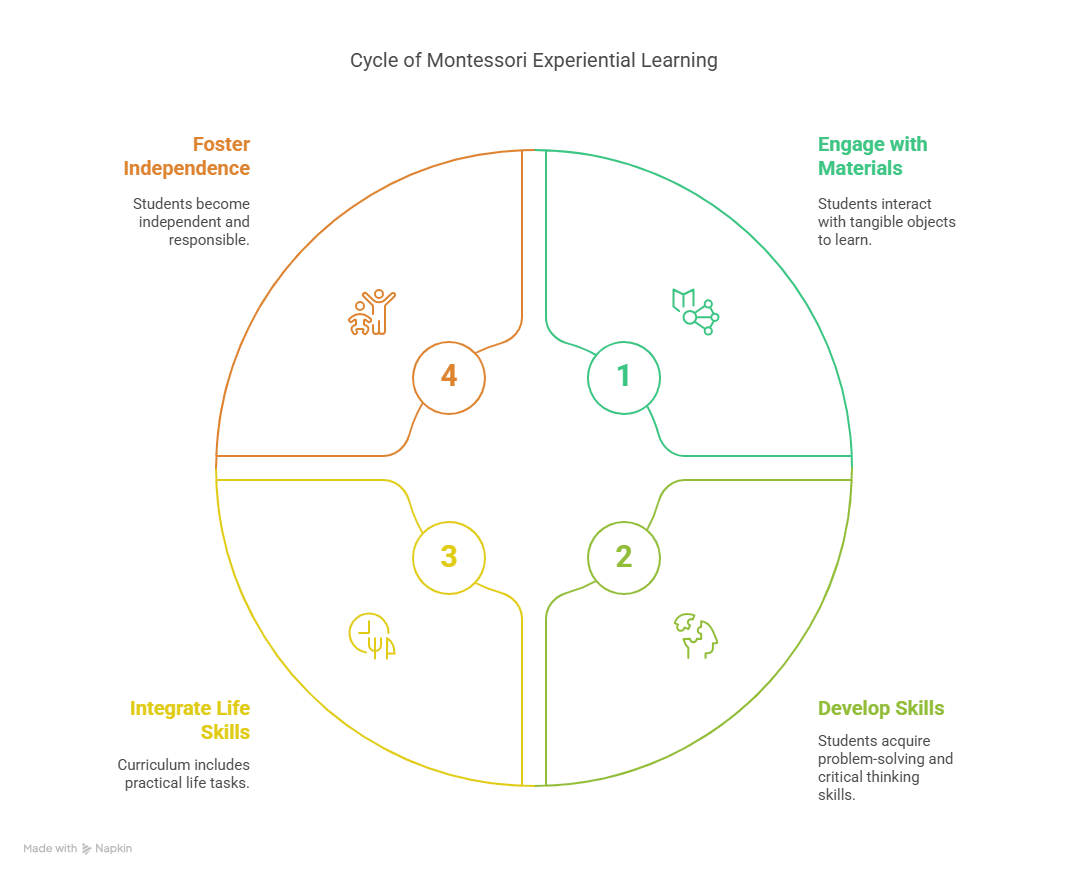
3. Individualized Instruction
Another advantage is the personalized instruction tailored to each child’s needs. Montessori teachers act as guides rather than lecturers, supporting students in discovering their interests and strengths. This flexibility ensures that children progress based on their capabilities rather than a rigid curriculum.
Since the Montessori classroom is designed to accommodate different learning paces, students who grasp concepts quickly can move on to more advanced topics, while those who need more time receive the necessary support without feeling left behind. This system creates an environment where learning is not a race but a personal journey.
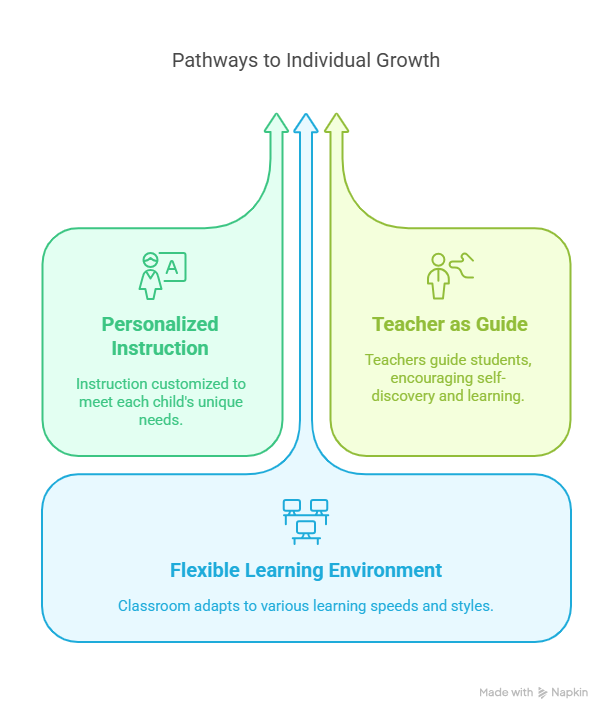
4. Emphasis on Social and Emotional Development
Montessori classrooms typically have mixed-age groups, allowing older students to mentor younger ones. This structure fosters collaboration, respect, and empathy, helping children develop strong social and emotional skills essential for lifelong success. Unlike traditional classrooms, where competition can sometimes create stress, Montessori classrooms promote teamwork and cooperation.
Additionally, conflict resolution is a major component of Montessori education. Children are encouraged to solve disagreements through discussion and understanding rather than punishment. This approach helps students develop strong interpersonal skills, which benefit them in both personal and professional settings.
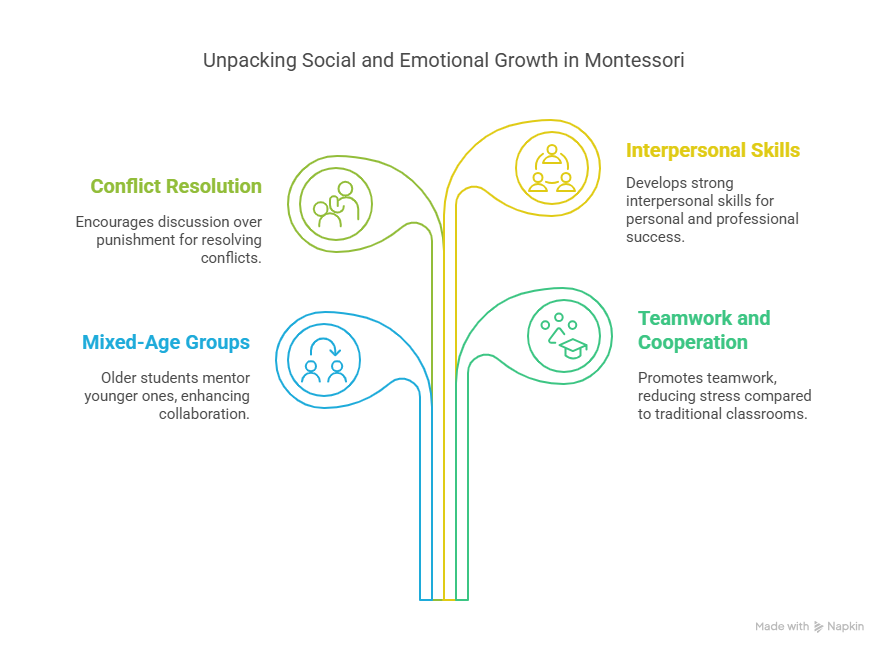
5. Encourages Creativity and Curiosity
The Montessori method nurtures curiosity by giving students the freedom to explore topics that interest them. With less focus on standardized testing, children can develop a love for learning rather than feeling pressured to memorize information for exams. The absence of strict grading allows children to focus on understanding and mastering subjects rather than simply achieving high scores.
This creative freedom extends to artistic and musical pursuits as well. Many Montessori schools offer opportunities for students to explore painting, music, drama, and storytelling as part of their daily learning. Encouraging artistic expression helps children develop well-rounded personalities and enhances their problem-solving abilities.
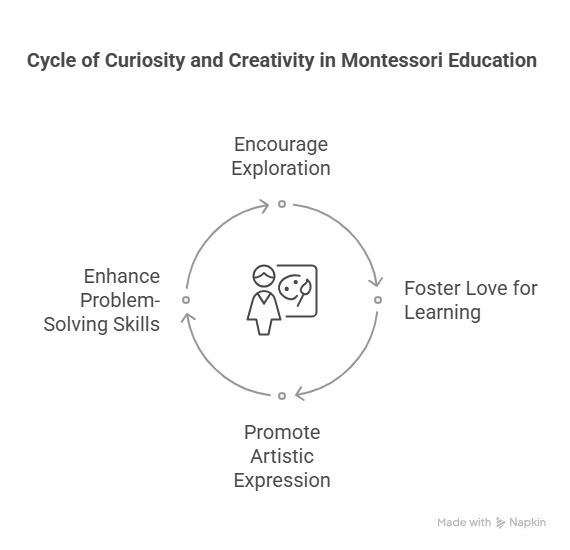
Cons of Montessori Education
1. Lack of Structure for Some Learners
While self-directed learning is beneficial for many, some students may struggle with the open-ended nature of Montessori education. Without a structured curriculum and clear deadlines, children who need more guidance may find it difficult to stay on track. Some students thrive under a well-defined system with clear expectations, and Montessori’s flexible approach may not provide enough structure for them.
Additionally, parents who prefer a traditional approach with formal assessments and benchmarks may find Montessori’s less rigid methodology challenging to navigate. Children transitioning from Montessori to conventional schools may initially struggle to adapt to structured routines and homework-based learning.
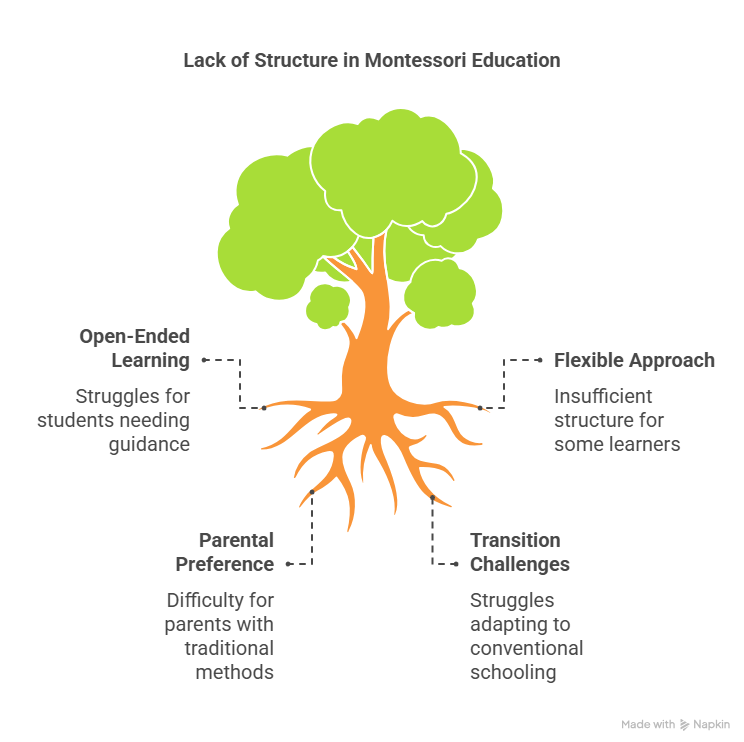
2. Limited Availability and Accessibility
Montessori schools are not as widely available as traditional schools, making it harder for parents to find one nearby. Additionally, Montessori education can be expensive, limiting access for families who cannot afford the tuition fees. Some public schools offer Montessori-inspired programs, but they may not fully adhere to Montessori principles due to curriculum restrictions.
For families who want to implement Montessori principles at home, the cost of Montessori materials and resources can also be high. While homeschooling with Montessori techniques is possible, it requires significant parental involvement and commitment.
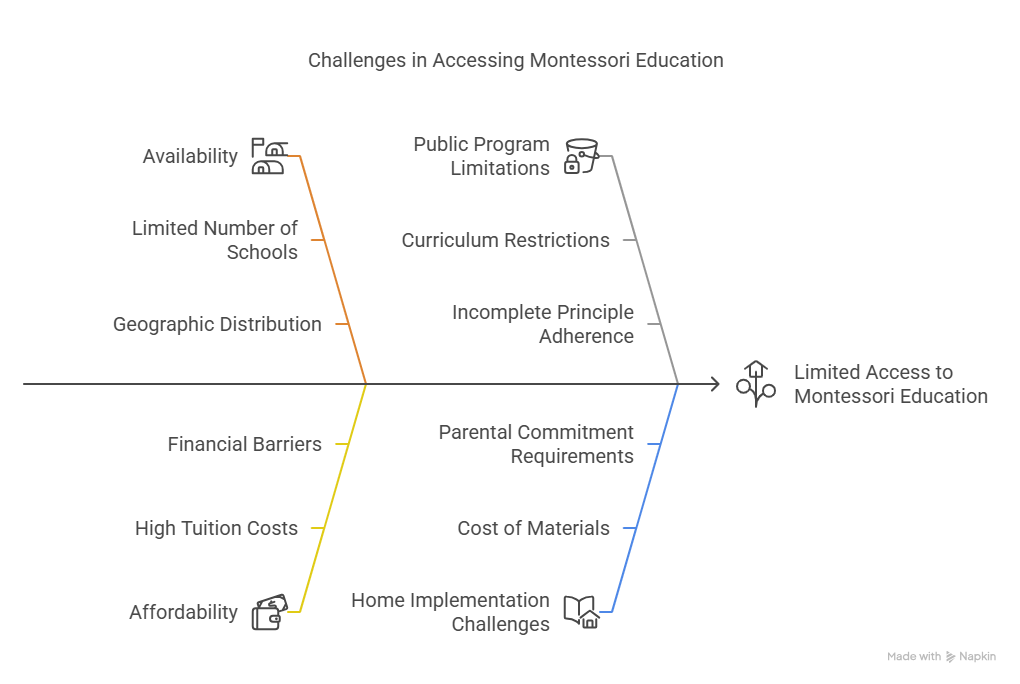
3. Potential Gaps in Academic Rigor
Because Montessori schools do not emphasize standardized testing and traditional grading, some students may face challenges when transitioning to conventional education systems. The lack of competitive assessments could lead to gaps in academic preparation for certain subjects. While Montessori fosters independent thinking and creativity, some students may require more exposure to structured test-taking skills and formal writing techniques.
Additionally, subjects like advanced mathematics or science may require additional support outside the Montessori framework. Parents may need to supplement learning in these areas if their child is preparing for highly competitive academic paths.
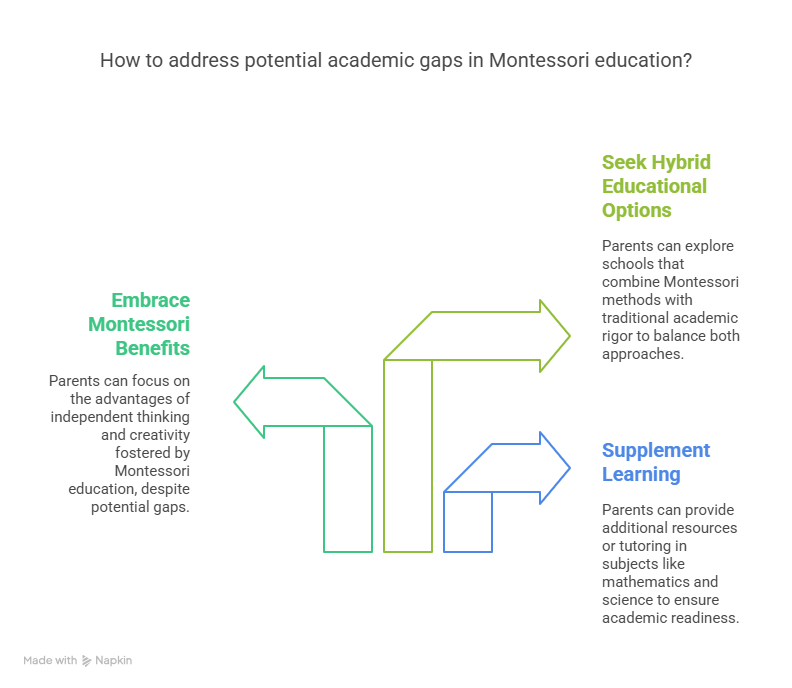
4. Teacher Training and Quality Variability
Not all Montessori schools strictly adhere to authentic Montessori principles. The effectiveness of the program depends on the training and experience of the teachers. Inconsistencies in Montessori certification and teaching quality may impact students’ learning experiences.
Since Montessori is not a trademarked term, some schools may label themselves as Montessori without following the core philosophies accurately. Parents must carefully research schools to ensure they align with authentic Montessori methods.
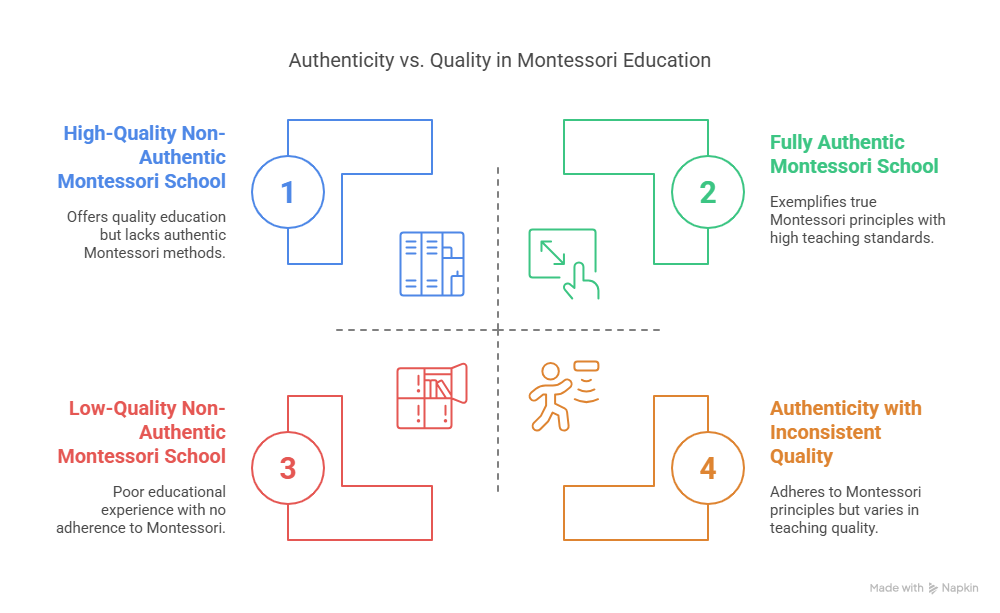
5. Limited Focus on Competitive Academic Skills
In traditional school settings, students are often trained to perform well in exams and competitive academic environments. Montessori education, with its emphasis on holistic development, may not provide the same level of preparation for standardized testing or competitive academic settings.
For students planning to pursue careers in highly structured fields that require rigorous academic performance, Montessori’s relaxed approach may not provide the necessary discipline. Parents considering Montessori must weigh whether their child’s future educational goals align with this style of learning.
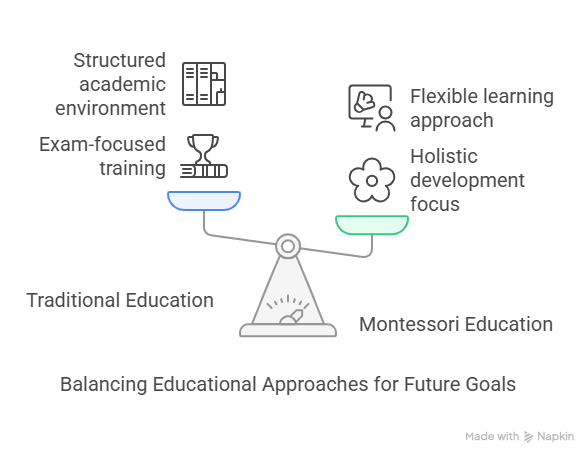
Conclusion
The pros and cons of Montessori education highlight both the strengths and challenges of this unique learning approach. While it fosters independence, creativity, and a love for learning, it may not be the best fit for all students, particularly those who thrive in a more structured environment. Parents and educators should consider a child’s learning style and long-term educational goals when deciding whether Montessori is the right choice.
For families who prioritize flexibility, individualized instruction, and emotional intelligence, Montessori can be an excellent choice. However, those seeking a more traditional approach with clear academic benchmarks may find conventional schooling more suitable. Ultimately, understanding these advantages and disadvantages can help in making an informed decision about a child’s education.

